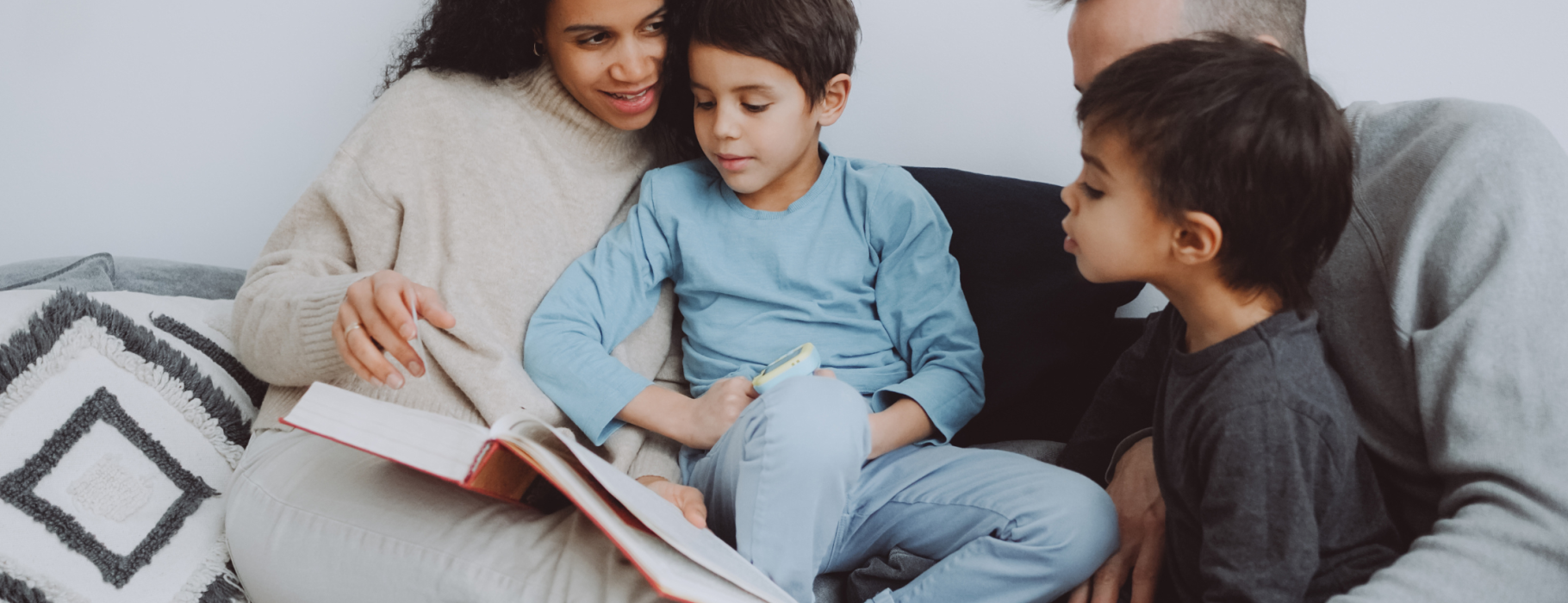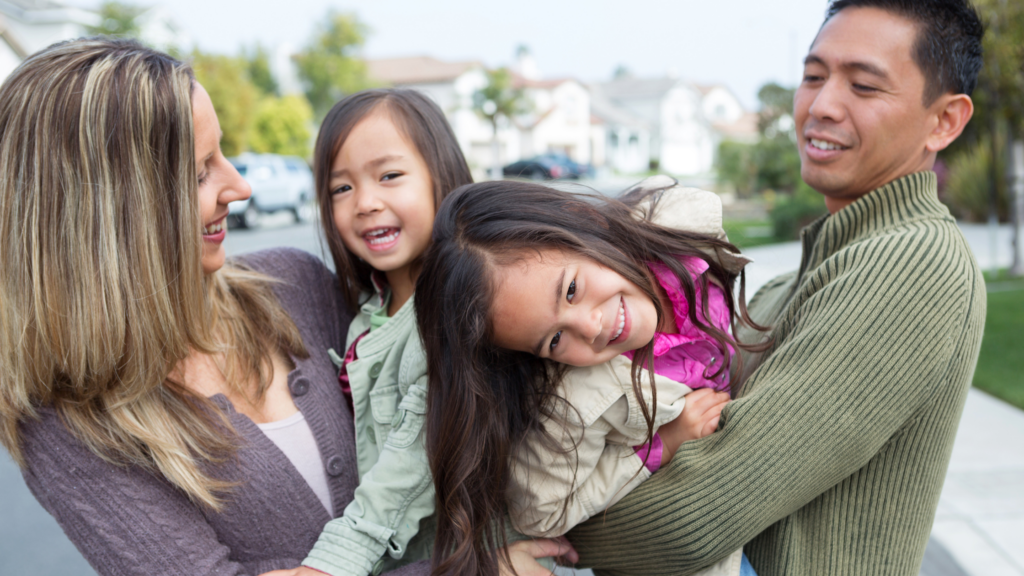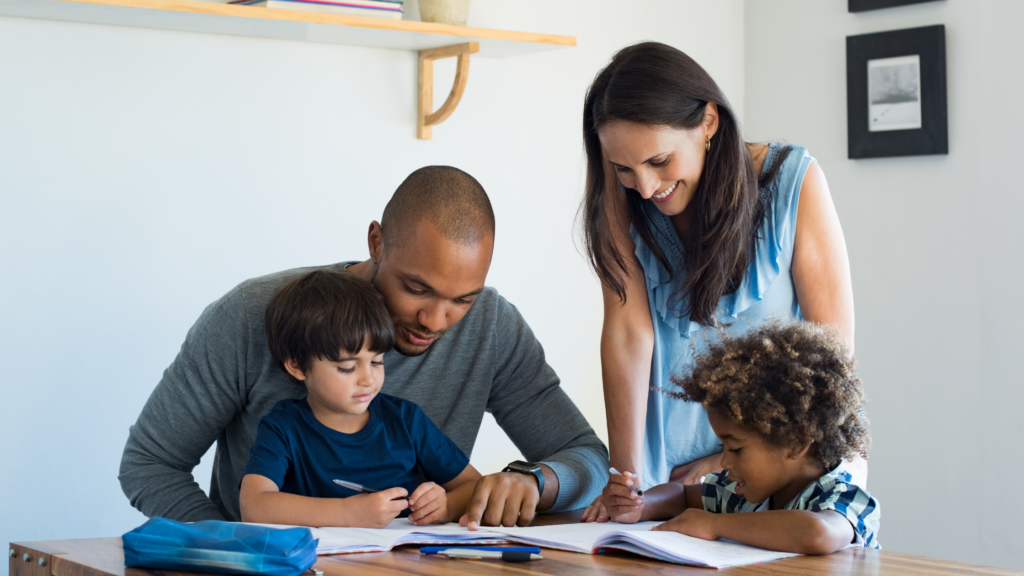
If you’re trying to raise your child in more than one language, you’ve likely come across a method called One Parent, One Language (OPOL).
It’s a simple idea with big potential, and it’s one of the most popular strategies for bilingual and multilingual families.
But how does OPOL really work in everyday life? And how can you support it without turning your home into a language lab? This is where tools like Parlini Land come in handy.
Let’s explore what OPOL is, why it works, and how you can use it—whether you’re teaching your child two, three, or more languages.
The OPOL approach is exactly what it sounds like: each parent consistently speaks a different language with the child.
For example:
The idea is that the child naturally associates each language with the parent who uses it. Over time, this can lead to balanced bilingual development.

Parents often choose OPOL because:
Many families use OPOL to preserve cultural identity, connect with extended family, and give their child a head start in language learning.
Yes! OPOL can be adapted for families where more than two languages are spoken.
Some households use a modified approach:
Consistency is key. Even if multiple languages are in play, children can learn to compartmentalise and use each one in the right context.
At Parlini Land, we’ve designed our app to complement real-world multilingual parenting methods like OPOL.
Here’s how our app helps:
Whether you’re speaking Spanish at home and your partner speaks Polish—or you’re raising your child in three languages—Parlini Land offers a space where your child can hear, see, and play with each language individually.

The One Parent, One Language method doesn’t need to be stressful or perfect. With small daily habits and playful support, your child can thrive in more than one language.
Parlini Land gives you an easy way to support OPOL at home with just safe play in the languages your household loves.
Try it today and give your child the gift of multilingual learning.
What is the One Parent, One Language (OPOL) method?
The OPOL method is a bilingual parenting strategy where each parent consistently speaks a different language to the child. It helps children separate and learn both languages naturally.
Does the OPOL method really work?
Yes, for many families it’s an effective way to raise bilingual or multilingual children—especially when paired with consistent exposure and meaningful use of both languages.
At what age should I start using the OPOL approach?
It’s best to start as early as possible—even from birth—so the child becomes naturally accustomed to hearing and using both languages from the beginning.